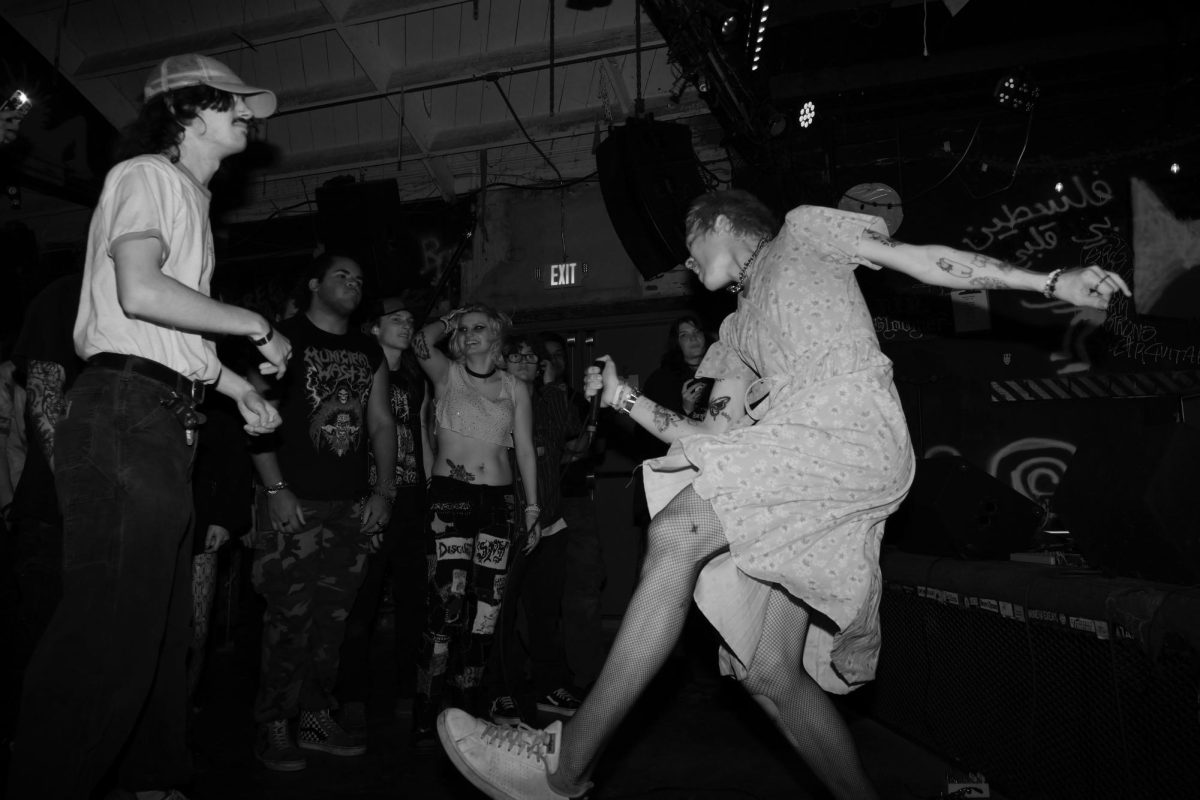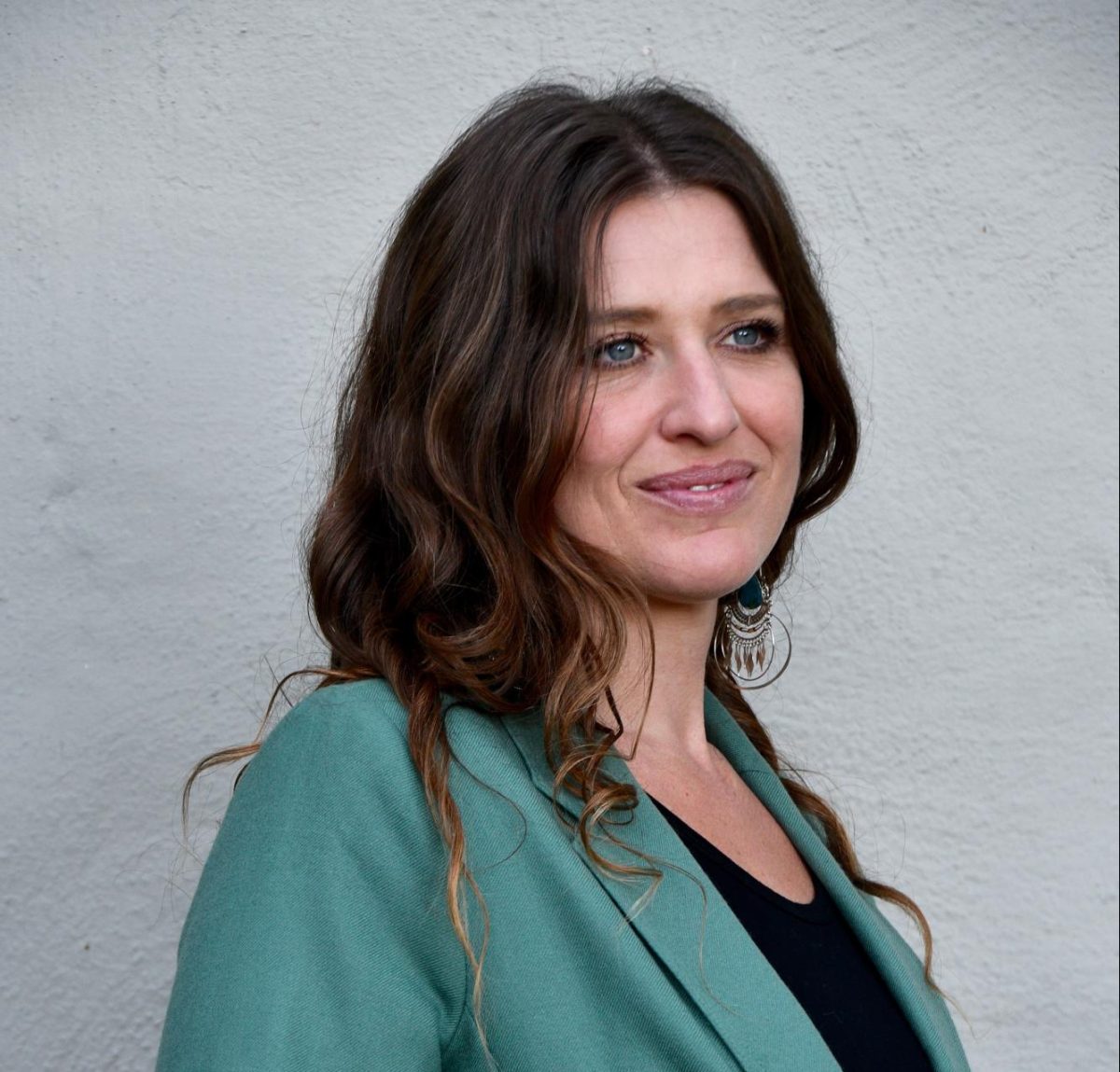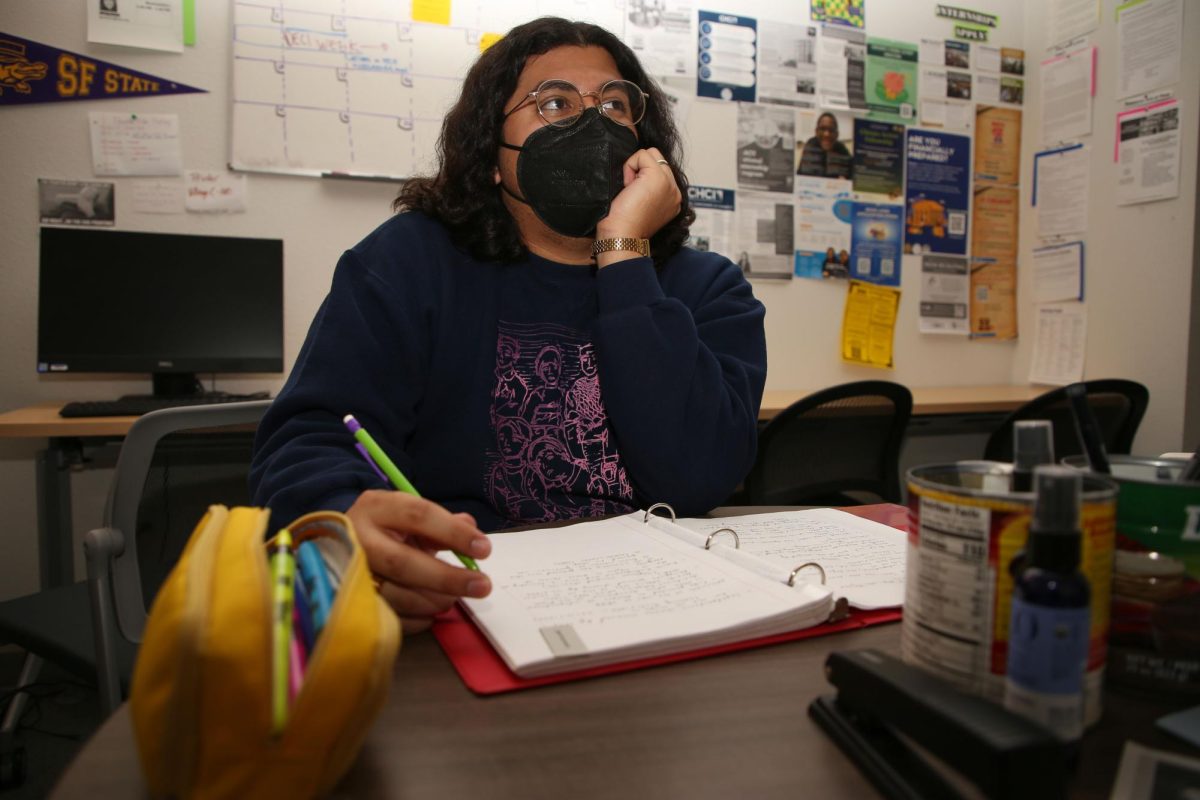With graduation season looming around the corner, many that are graduating this May are eagerly anticipating the day. The day they walk that stage and can finally let out the sigh of relief and say they did it. Surely, this will be a very joyous and emotional time for the graduates, their friends, and family.
Everyone seems to talk about the lead up to graduation day and the happiness surrounding the occasion. But what happens when the long awaited day is over? What happens after that diploma is received?
San Francisco State University’s sex and relationships teacher Ivy Chen says post-graduation depression is a real thing. Students are so busy with their college life schedules, that when they are suddenly out of that flow, they feel stagnant.
“A big part of their identity is being a student,” Chen said. “There’s a whole lead up about how happy you must be about having graduated, and so your expectations are very high and everybody expects you to be happy. And yet you feel a bit lost and adrift.”
For some, graduation usually means is moving back home. That was the case for Lealani Manuta. She just graduated from University of California, Santa Cruz, and adjusting to her new life was difficult for her. She was so used to being around like-minded individuals and being productive in school activities, that when she moved back home, Manuta started to doubt herself and her accomplishments.
She felt like a freeloader in her own home. Her parents never gave her a reason to feel that way, but in Manuta’s eyes, graduation and a diploma meant that she could start contributing to paying her parents bills. But instead, she found herself living back at home, rent-free and seeing what “real life” actually meant.
Like many others, Manuta was so used to identifying as a student. So after graduation, she felt out of place. She always described herself as a friendly extrovert, but when she found herself out of the school environment, she was stunned at how hard it was for her to make small talk with others in the “real world.”
“Once you start working, not working, or living at home, a lot of the academic conversations and social debates are cut off,” Manuta explained. “I realized I didn’t know how to be a normal person that wasn’t a student anymore.”
Manuta started working in her field of study two days after graduation. She explained that she felt ungrateful because she was depressed when she knew that others were struggling to just find a job. So she started to distance herself from others.
That was also the case for Aileen Malijan. She also moved backed home, but decided to take a few weeks after graduation to just catch up with friends and relax. After two months, Malijan started to get antsy. She began to apply to jobs and realized that it was not what she anticipated it would be. In fact, it was way harder than what she pictured. Two months into job searching, Malijan fell into a deep depression.
She was constantly crying. It was so bad that she started sleeping on the couch so her family upstairs would not hear her crying. She began to isolate herself from others because she did not want anyone to get involved or worry about her. Malijan has a history of depression, anxiety, and PTSD. At the time, she was taking different medications and had to switch. She believed the switch in medications played a part in how she was soaking all this in, but she was still feeling a lot of emotions and it was hard for her to pinpoint what the main reason was.
“On top of all that [switching medication], the stress of not being able to find a job, not feeling self-fulfilled, and also not wanting to burden my family, it was really hard to detect the source of all of my feelings,” Malijan said.
It got to the point where she started having suicidal ideations. Job hunting made her doubt herself and her abilities and she was really scared at where she was mentally. Her boyfriend, Henry Tran, graduated the same time as her. He landed a contract job right after graduation and Malijan admits that there was a little jealousy present.
Tran kept trying to reassure Malijan that she was very qualified in her field of work. He laughed at how ironic it was that he actually got a job first because he describes Malijan as the better student and the most driven person in the relationship.
“I had a lot of irrational thoughts about the way success was supposed to be seen,” Malijan said. “I thought because every day that passed and I wasn’t working and getting a job, that that defined who I was as far as the kind of person I built myself up to be until this point.”
Malijan joked that finding a job was like playing a game of, “How Desperate Are You?” She did not realize all the things she had to take into consideration when accepting or declining a job. It seemed to her that she kept receiving positions at jobs that she was not really into, but was so desperate to be employed. She took into consideration her commute time, how much she would have to pay for the toll, the cost of gas to get there, buying lunch, and all these little factors that usually do not come to mind. She had to weigh out her pros and cons when considering if a job was fit or her.
Ironically, after some time, Malijan got a job she was proud of, but her boyfriend, Tran, lost his job that he received directly after graduation. The roles switched and now Tran was starting to get frustrated with applying for jobs. His contract job only lasted a month after graduation and up until recently, he was unemployed the majority of the time.
Tran believed time was not on his side. He was more than six months in being unemployed. He knew that if it was hard to find a job now, that it would only get more difficult as the dreaded one year anniversary loomed near.
“After one year of graduating, companies don’t consider you a new graduate anymore,” Tran said trying to explain his concerns at the time. “So I definitely felt like the clock was ticking.”
Tran and Malijan reacted to post-graduation depression differently. Malijan was fixed on everything stressing her out, thinking long-term, and overthinking, while Tran took everything day by day. They describe themselves as opposites. Both believe that it was a good thing they had each other because they both knew the feeling of post-graduation depression. Tran self-medicated himself with video games and weed, but after some time he started to get worried because smoking did not change his mood.
A study by the University of Pittsburgh Schools of the Health Sciences found that, “…use of multiple social media platforms is more strongly associated with depression and anxiety among young adults than the total amount of time they spend on social media,” and this is true in particular to Manuta and Malijan’s experiences.
They found themselves comparing their lives to those on their social media platforms. Malijan gave off the impression that she was happy on social media, but in reality she hated the job she was posting about. Manuta not only deleted all her apps, but also her actual profiles on those apps to clear her head.
“I needed to not have a presence on social media because I felt like what I was seeing from other people wasn’t true, especially after talking to my friends and seeing how they were feeling,” Manuta shared. “And I was doing the same thing! I was trying to convince myself and other people that everything was cool.”
Chen suggests that going off social media is not such a bad idea, especially if you’re mentally fragile at the moment. She describes social media as just the highlight reel from someone’s life and viewers do not really know what is happening behind the scenes.
Chen admits that she herself went through post-graduation depression. She remembers going from being super busy and being a teacher’s assistant for two classes, then after graduation, just being home watching soap operas.
Her advice to those about to graduate or those who are still feeling the post-graduation blues, is to communicate with family, friends, or anyone in their inner circle. Chen believes to voice out the concerns,to inform those closest to you that you may need their support in the upcoming months ahead and to not add any pressure, is the best route to take. Also, having happiness in moderation, and to be realistic with expectations.
“I mentally prepared myself to get what I want- which is great, motivating, and encouraging,” Malijan said, “But I should’ve mentally prepared myself to fail- which is a very normal thing. I should’ve been ready to fail, should’ve been ready to be patient.”
[foogallery id=”15300″]












